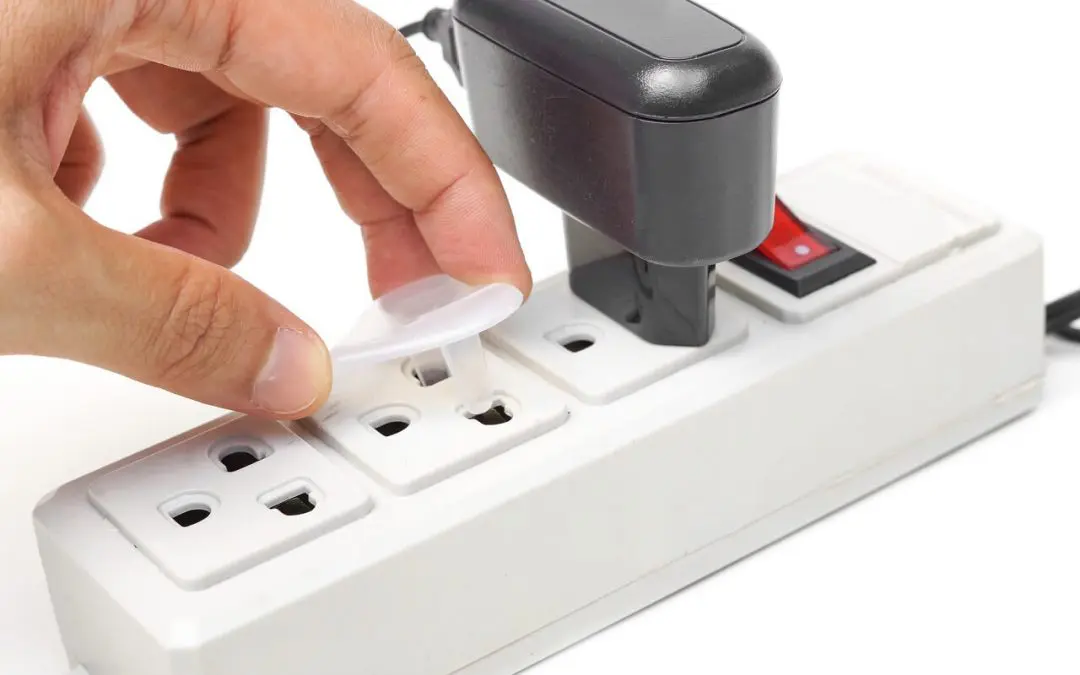We need electricity for modern conveniences, but it is a force that can damage your house and injure yourself. Here are 6 tips for electrical safety at home that can prevent a dangerous mishap.
Use the Correct Wattage for Electrical Safety at Home
Using a lightbulb with a greater wattage than listed on the fixture creates an electrical hazard. If a lamp does not have the wattage listed on it, use bulbs of no more than 60 watts. For ceiling fixtures that don’t specify, keep it safe with 25 watts or less. LED bulbs are a good choice because they emit less heat and are energy-efficient.
Don’t Overload Outlets
Overloaded outlets cause thousands of house fires every year. Avoid overloading outlets by being mindful of what you are plugging in. Many people mistakenly think that a power strip increases the amount of power the outlet receives, but this is not true. Never plug an appliance into an extension cord or multi-outlet converter. Be careful not to plug more than one heat-producing appliance into the same outlet.
Repair or Replace Damaged Cords
Damaged cords are never safe to use. The plastic around the cord insulates the wiring and prevents it from sparking and starting fires. If the plastic is cracked or worn down, the exposed wire creates a hazard. Inspect electrical cords in the home to make sure they are in good condition. If necessary, you can repair minor damage with electrical tape, but it is best to replace the cord altogether.
Clean Exhaust Fans for Electrical Safety at Home
Dirty and clogged exhaust fans are hazardous because they fail to ventilate dangerous gases out of the home properly. Clean exhaust fans regularly to prevent these risks. Doing this will also help appliances last longer and run more efficiently.
Keep Electronics Away From Water
Water and electricity are a dangerous combination. Plugging in an electrical cord with wet hands can lead to electrocution. Keep electronic devices away from the sink, tub, or anywhere else there is water. Also, make sure an electronic device is completely dry before using it.
Address Faulty Outlets
If any of your outlet covers feel hot to the touch, have them checked out by an electrician. Outlets should not emit a strange odor or sparks. If your outlets are exhibiting any of these signs, stop using them and call a professional.
Blackbird Home Inspections provides inspection services to homes in Central Arkansas. Contact us to schedule an inspection.

